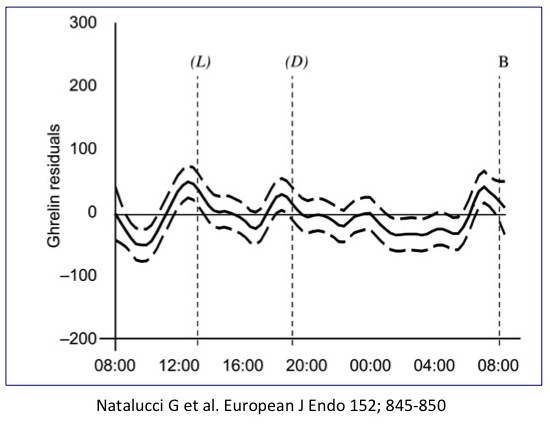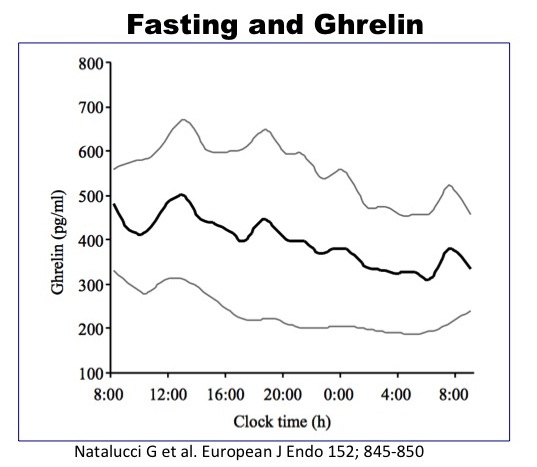Back Story:
I started the Keto WOE May 2 of this year. SW 335 lbs, LW 250 lbs, CW 257 lbs
December 1st I attended a Christmas party, overindulged on keto-friendly foods and ended up doing a 90 hour fast. At first, I did not want to eat until I was hungry, then I thought I’d try 72 hours, then at 72 I wasn’t hungry, so I kept going. At about 85 hours I started to feel hungry, but couldn’t eat, as I was at work… so it turned into 90.
Since then I have been ravenous! I mean eating to my macros (according to Cronometer), and then some and still wanting MORE, like all of the foods! Craving foods that have been no longer tempting wanting snacks all day, but knowing if I did I would be WaAaY over on my Macros (they seemed really low). Before this was never an issue, I would stay under across the board for my OMAD. I have been miserable, unsatisfied and food-focused for the past week or so. I thought that I must have messed up somehow and am no longer as fat adapted as I once was. My weight has been on a steady increase for the last week or so. I was thinking maybe hormones; I can never know for sure as my cycle has never been routine. Or Christmas stress, I have in-laws and my family for two of the three big meals this year…
Then today on my drive into work I remembered checking the different settings on Chronometer during my fast (I was bored). And wouldn’t you know that I had accidentally set it to lose 2 lbs a week! I changed it back to maintain, and now my macros make much more sense! (it was 60 pro, 101 fat, 15 carbs to now 110 pro, 184 fat, 27 carbs, I typically eat about 15 g carbs in broccoli and nuts.) I never really thought much about what it was giving me for macros, because I have just always used it as a guide, and a way to help me figure out portion sizes. But when it says 120% of something I think twice about what I am eating.


